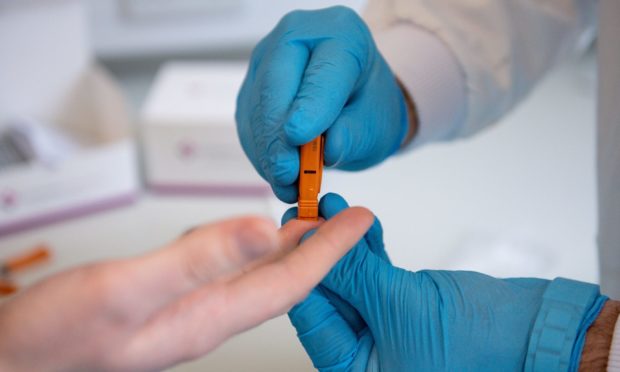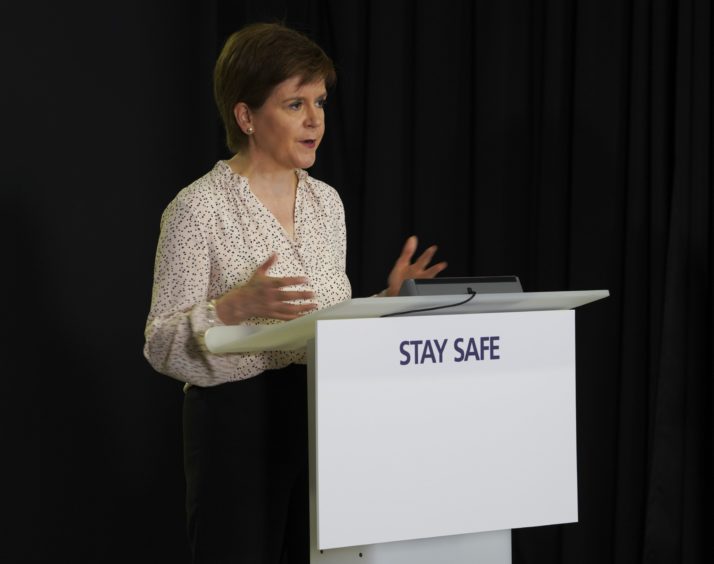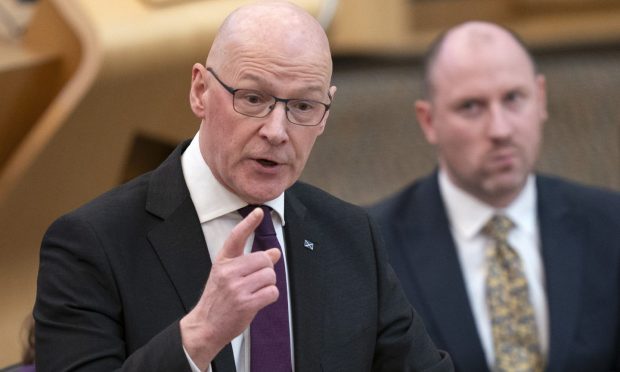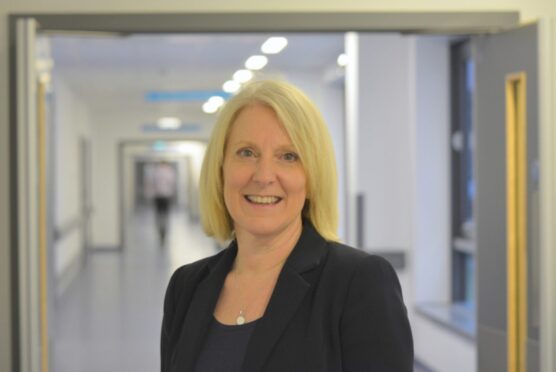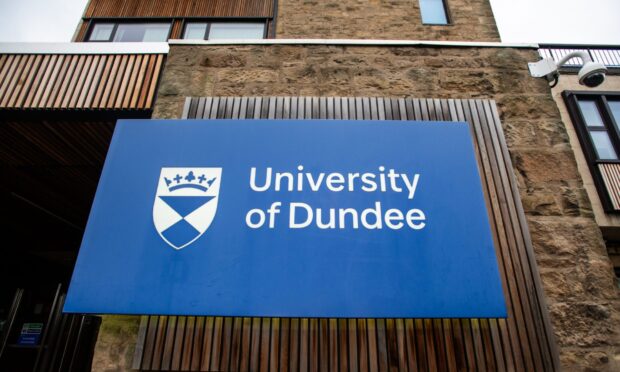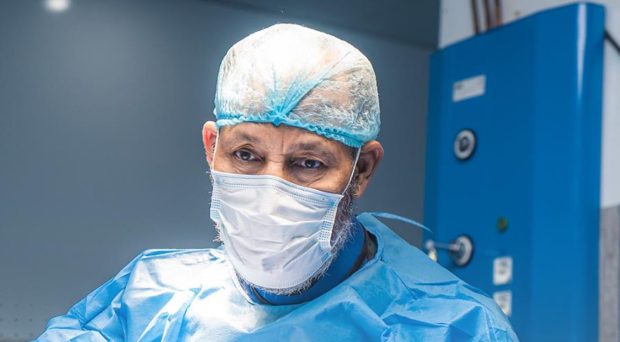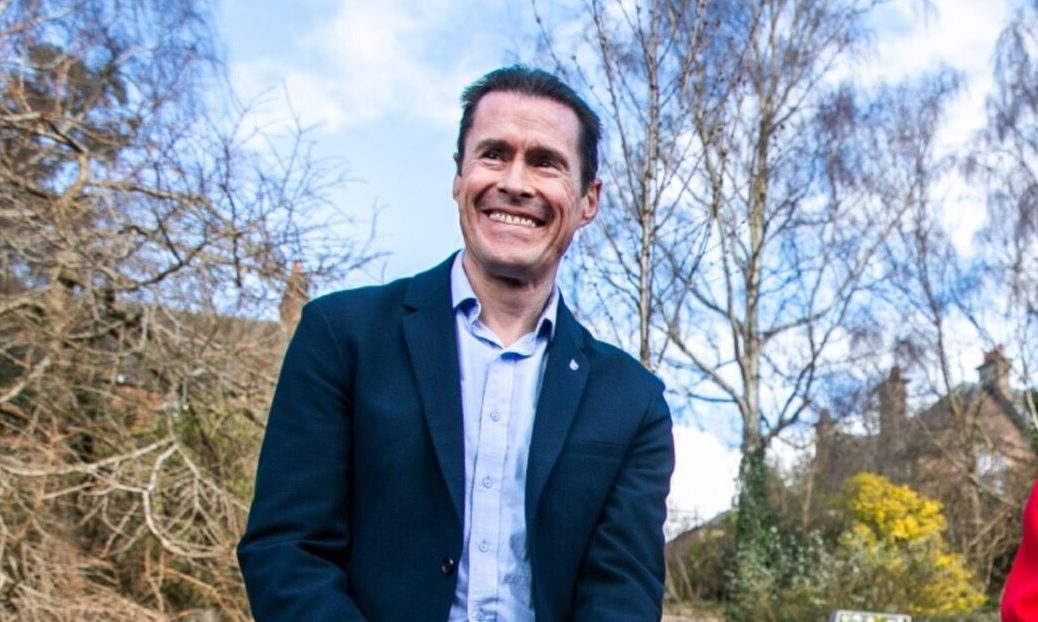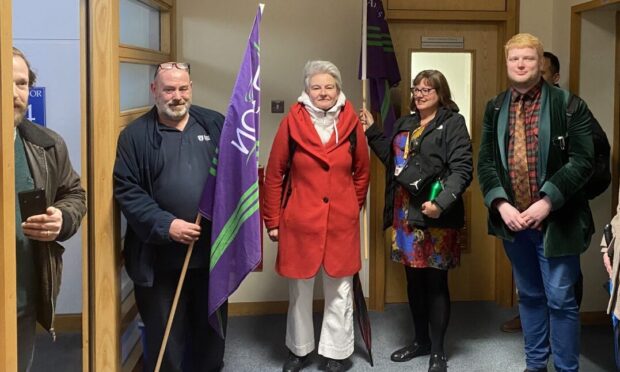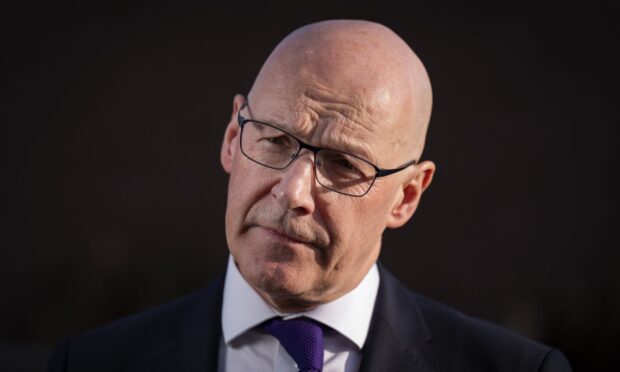Shop-bought coronavirus blood tests sold in pharmacies across Scotland have been dubbed “not helpful” by medical chiefs.
Chemist shops including Lloyds are selling tests to members of the public which search for antibodies, claiming to tell you whether you have previously contracted the virus.
Alphega-run pharmacies have been reported to carry the tests, with kits costing less than £10. Prices can vary, with other tests at other outlets costing between £50 and £100.
A pin-prick blood sample is sent to a private laboratory to see if it contains antibodies — which can be a sign an individual has already contracted and fought off the virus.
But evidence is scarce that finding coronavirus antibodies in an individual’s blood will prevent that person from contracting the disease a second time.
Medics have said the tests can be “misleading” and questioned why pharmacy companies had not shared test results locally.
There are fears, highlighted by the BMJ, people who return “positive” tests saying they have antibodies might become complacent with coronavirus guidelines, putting themselves and others at further risk.
I have not had one. I will not be buying one.”
Professor Jason Leitch on private coronavirus blood tests
Scotland’s national clinical director Professor Jason Leitch discouraged members of the public from purchasing the kits, saying they were ” not helpful”.
The tests on sale to the public are safe to take and can determine whether a blood sample has antibodies to the virus, but Professor Leitch added this was only of use on a wider scale, not to individual members of the public.
In England, 10 million serology antibody testing kits have been bought by the Westminster government.
First Minister warns against blood test
Prof Leitch’s sentiments on testing were echoed by First Minister Nicola Sturgeon, who urged the public to be cautious of any results which might be returned from the shop-bought tests.
She said: “One obvious issue here is we do not know what the result of antibody tests or virology tests signify.
“Even if the test is reliable, we don’t yet know if you show antibodies whether that gives you any protection, whether your immune response gives you any protection and if it does, for how long.
“There is a sense (the tests) don’t tell you anything that provides you as an individual protection.
“Antibody tests, as we are doing as surveillance basis right now, helps us understand the virus a bit more but be cautious about taking any assurance from the result of one of (the pharmacy) tests.”
Not helpful
Prof Leitch noted there were two different types of blood test, antigen and antibody.
He said: “We need to first distinguish between serology — which is antibodies or your immune response — and the antigen test, which is what you hear us talking about all the time…looking for virus and remnants of virus.
“On that one (antigen), we have a very clear understanding of what it means and when it works and doesn’t and what it means when you get a positive and when you get a negative.
“The serology version, we now have reliable tests. The drug companies have managed, quite quickly, to get us a reliable serology test, but we do not know what it means. My advice is to only use it (serology) for research and surveillance.
“I have not had one. I will not be buying one. There may come a point in time where we do recommend it, for much more broad use, when we know more what it means.
“Then we will able to say ‘this is how you should change your behaviour as a result of it’.
“That may never happen, but it certainly isn’t true now.
“I would avoid private serology testing, if I were you as an individual. I would allow us (NHS Scotland) to do it for research purposes and surveillance purposes so we can understand a little bit more of the virus.
“But apart from that, it is presently not helpful.”
Lloyds and Alphega were approached for comment.
